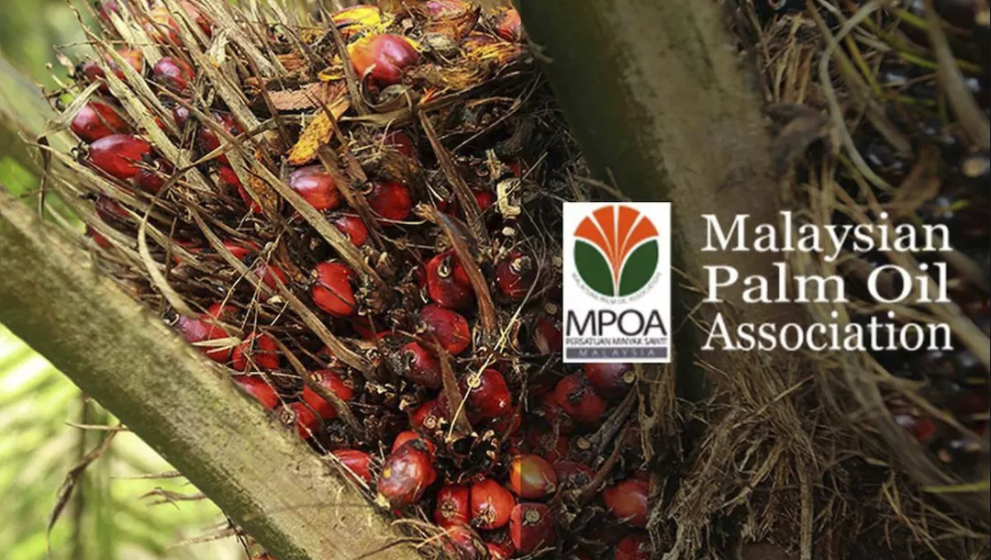Malaysian plantation associations call for review of mandatory EPF contribution for foreign workers
By Luqman Amin / theedgemalaysia.com
07 Nov 2024, 02:41 pm

KUALA LUMPUR (Nov 7): A group of 14 Malaysian plantation organisations have jointly urged the government to reconsider the upcoming mandatory Employees Provident Fund (EPF) contribution for foreign workers, stating that the policy could overburden planters and potentially contradict the EPF Act.
The policy will impose substantial new costs on plantation companies which already face pressures from fluctuating global markets, sustainability requirements, and increasing labour expenses, the association said in a joint statement on Thursday.
“The association warns that implementing the policy in its entirety could severely affect the operating costs of companies, especially small and medium-sized enterprises,” the statement read.
Malayan Agricultural Producers Association (MAPA) in the statement pointed out that the policy is “against the fundamental objective of EPF Act 1991”, which is to provide retirement savings for employees.
“Since foreign workers will not work past their retirement age and will return to their own countries after their work contracts ended, it does not qualify them to join EPF scheme in Malaysia,” it said.
MAPA added that the Act showed that foreign workers may contribute to the EPF subject to the application to the EPF board and their respective employers which mean “it is a voluntary scheme, and it cannot be made compulsory”.
EPF’s long-term intent misaligned with short-term foreign workforce
The association also raised concerns over a “disconnect between EPF’s long-term savings goals and the typically short-term nature” of foreign employment in Malaysia, noting that foreign workers often stay for only two to four years.
This limited duration means they are unlikely to build meaningful retirement savings, which cannot be accessed until age 55, the association noted.
In addition, the policy could lower foreign workers’ take-home pay, potentially affecting their ability to meet financial obligations and diminishing their motivation to work in Malaysia.
“This reduction in disposable income could create dissatisfaction and impact the industry’s ability to retain workers in an already labour-constrained environment,” it said.
Alternative solutions and phased approach suggested
The Malaysian Estate Owners Association (MEOA) said in the statement that most foreign workers, unlike high-income expatriates, regularly remit earnings to support families back home, making short-term financial benefits more relevant to them than retirement savings.
“Without a streamlined system for accessing savings, foreign workers may find this policy burdensome, as it reduces immediate earnings without providing accessible retirement benefits,” MEOA said.
The association suggested creating a separate savings fund for foreign workers with flexible withdrawal options, allowing portability across borders.
It also called for policies that reflect the transitional nature of foreign employment and address the challenges foreign workers may face in accessing their savings after they return to their home countries.
Sarawak Oil Palm Plantation Owners Association (SOPPOA) in the statement urged the government to explore voluntary savings programmes as an alternative, better aligned with foreign workers’ financial goals.
Other organisations in the statement include the Malaysian Palm Oil Association (MPOA), East Malaysia Planters Association (EMPA), Sarawak Dayak Oil Palm Planters Association (DOPPA), and Sabah Employers Consultative Association (SECA).
Call for phased implementation and open dialogue
The association has advocated for a phased implementation of the policy to ease the immediate financial impact on companies, and for engagement with foreign workers and labour-sending countries to gather insights on retirement savings.
They urged the government to facilitate open dialogue with industry representatives and to issue clear guidelines, while considering support measures or exemptions, especially for smaller entities within the palm oil sector.
“With Malaysia under international scrutiny for labour practices, this mandate may amplify negative perceptions, potentially discouraging foreign workers from choosing Malaysia as an employment destination,” it added.
Edited By Isabelle Francis
Source : Malaysian plantation associations call for review of mandatory EPF contribution for foreign workers

